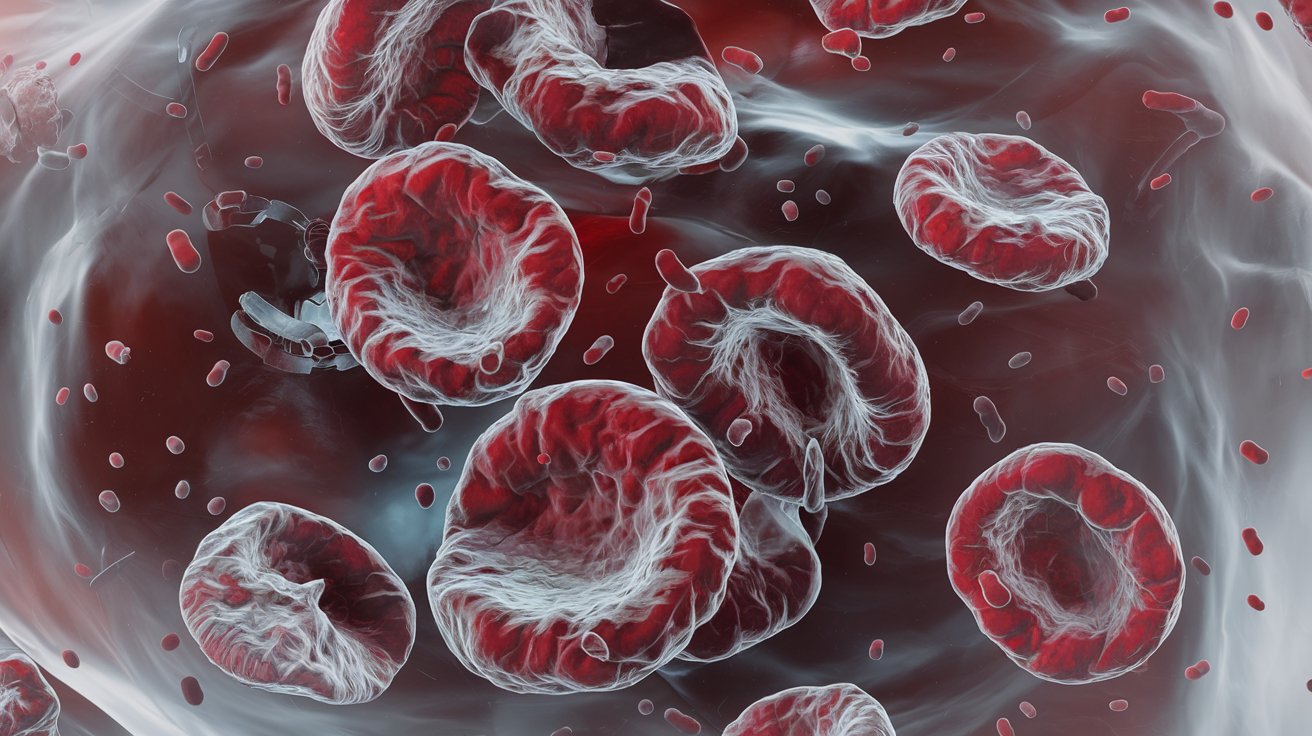
Combined Malonic and Methylmalonic Aciduria (CMAMMA) is a rare metabolic disorder that affects the body's ability to process certain fats and proteins. Caused by mutations in the ACSF3 gene, this condition leads to the accumulation of malonic and methylmalonic acids in the blood and urine. Symptoms can vary widely, ranging from developmental delays and seizures to more subtle signs like fatigue and poor growth. Early diagnosis and treatment are crucial for managing the condition effectively. Understanding CMAMMA can help families and healthcare providers make informed decisions about care and treatment options. Let's dive into 30 fascinating facts about this unique metabolic disorder.
Key Takeaways:
- Combined Malonic And Methylmalonic Aciduria (CMAMMA) is a rare genetic disorder affecting how the body processes certain fats and proteins, leading to a range of symptoms from infancy to adulthood.
- Treatment and management of CMAMMA involve dietary adjustments, supplements, regular monitoring, and potential gene therapy research, offering hope for improved outcomes and quality of life for those affected.
Understanding Combined Malonic And Methylmalonic Aciduria
Combined Malonic And Methylmalonic Aciduria (CMAMMA) is a rare metabolic disorder. It affects the body's ability to process certain fats and proteins. Here are some intriguing facts about this condition.
-
CMAMMA is a genetic disorder: It is inherited in an autosomal recessive pattern, meaning both parents must carry the gene for a child to be affected.
-
Caused by enzyme deficiency: The disorder results from a deficiency in the enzymes malonyl-CoA decarboxylase or methylmalonyl-CoA mutase.
-
Symptoms vary widely: Some individuals may experience severe symptoms, while others have mild or no symptoms at all.
-
Early onset: Symptoms often appear in infancy or early childhood, though late-onset cases have been reported.
-
Common symptoms: These include developmental delays, feeding difficulties, vomiting, and lethargy.
-
Neurological issues: Some patients may develop neurological problems such as seizures or intellectual disability.
-
Metabolic crisis: During times of illness or stress, individuals with CMAMMA can experience a metabolic crisis, which is a life-threatening condition.
-
Diagnosis through blood tests: Elevated levels of malonic acid and methylmalonic acid in the blood can indicate CMAMMA.
-
Urine tests: Urine organic acid analysis can also help diagnose the disorder.
-
Genetic testing: Confirmatory diagnosis often involves genetic testing to identify mutations in the relevant genes.
Treatment and Management
Managing CMAMMA requires a comprehensive approach. Here are some key facts about treatment and management strategies.
-
Dietary management: A low-protein diet can help manage symptoms by reducing the intake of certain amino acids.
-
Special formulas: Infants may require special formulas that are low in specific amino acids.
-
Vitamin B12 supplementation: Some patients respond well to vitamin B12 supplements, which can help reduce methylmalonic acid levels.
-
Carnitine supplements: Carnitine can help the body process fats more effectively, which may benefit some patients.
-
Regular monitoring: Frequent blood and urine tests are necessary to monitor acid levels and adjust treatment as needed.
-
Avoiding fasting: Patients should avoid prolonged fasting, which can trigger a metabolic crisis.
-
Emergency protocols: Families should have an emergency protocol in place for managing metabolic crises.
-
Liver transplant: In severe cases, a liver transplant may be considered as a treatment option.
-
Gene therapy research: Ongoing research is exploring the potential of gene therapy to treat CMAMMA.
-
Supportive therapies: Physical, occupational, and speech therapies can help manage developmental delays and other symptoms.
Living with CMAMMA
Living with CMAMMA presents unique challenges. Here are some facts about daily life and long-term outlook for those affected.
-
Lifelong condition: CMAMMA is a lifelong condition that requires ongoing management.
-
Individualized care: Treatment plans must be tailored to each patient's specific needs and symptoms.
-
Family support: Families play a crucial role in managing the condition and providing emotional support.
-
Educational accommodations: Children with CMAMMA may need special educational accommodations to support their learning.
-
Regular follow-ups: Regular visits to a metabolic specialist are essential for monitoring and adjusting treatment.
-
Community resources: Support groups and online communities can provide valuable resources and connections for families.
-
Research participation: Some families choose to participate in research studies to help advance understanding and treatment of CMAMMA.
-
Awareness and advocacy: Raising awareness about CMAMMA can help improve diagnosis and support for affected families.
-
Mental health: Managing a chronic condition can be stressful, so mental health support is important for both patients and caregivers.
-
Hope for the future: Advances in research and treatment offer hope for improved outcomes and quality of life for those with CMAMMA.
Final Thoughts on Combined Malonic and Methylmalonic Aciduria
Combined Malonic and Methylmalonic Aciduria (CMAMMA) might sound complex, but understanding its basics can help. This rare metabolic disorder affects how the body processes certain fats and proteins. Symptoms can vary widely, from developmental delays to more severe health issues. Early diagnosis and treatment are crucial for managing the condition effectively. Genetic testing plays a key role in identifying CMAMMA, allowing for personalized treatment plans. While there's no cure, dietary changes and supplements can make a big difference. Staying informed and working closely with healthcare providers can improve quality of life for those affected. Knowledge is power, and being aware of CMAMMA helps in advocating for better care and support.
Frequently Asked Questions
Was this page helpful?
Our commitment to delivering trustworthy and engaging content is at the heart of what we do. Each fact on our site is contributed by real users like you, bringing a wealth of diverse insights and information. To ensure the highest standards of accuracy and reliability, our dedicated editors meticulously review each submission. This process guarantees that the facts we share are not only fascinating but also credible. Trust in our commitment to quality and authenticity as you explore and learn with us.


